W.I.N. Wednesday: They are your son or daughter, not “your athlete”.
I believe that being involved in sports can potentially be good for kids. It can help them learn social skills, the importance of teamwork, respect for the game, the officials, and the other players, and how to deal with both victory and defeat. It can help them learn about the importance of focusing on effort and process and not just outcomes because effort and process are within their control, outcomes are not. It can help them learn about the importance of competing with him or herself and striving for small incremental improvement. It can help them learn about leadership and being a good friend. It can help them learn about the importance of physical activity.
Participation in sport can do all these things, but it can also be a soul sucking and crushing experience for kids. It can do all the great things identified in the first paragraph is if the child has parents and coaches with the right attitude about sports and life and learning and growing and exploring.
When I coach youth sports, which I did because I wanted my kids to have a different experience with sports than I did growing up, I was always of the opinion that youth sports could be a lot of fun for the kids if it wasn’t for the adults. I had parents furious with me because I would give all the kids equal playing time. I had a couple of occasions where my sons thought a parent was going to assault me over something they perceived as a “bad coaching decision” in a game with 8- to 10-year-olds. I had to kick a parent off a practice field because of the outrageous way he was acting while coaching Bantam football.
Recently, I have heard several people in the youth athletics space, some who I highly respect, use the term “your athlete” when communicating with parents. Words have power and the term “your athlete” commoditizes the child. They are not a commodity; they are your son or daughter who happens to be involved in sports. They are a young person who is facing the many challenges of navigating the complexity of growing up and making their way in the world.
If you coach youth sports or are a parent of a child playing youth sports I encourage you to read InSideOut Coaching by Joe Ehrmann and Do Hard Things by Steve Magness.
What’s Important Now: Remember they are your son or daughter, not “your athlete”.
Take care.
Brian Willis
www.lifesmostpowerfulquestion.com
ONE QUESTION BRINGING FOCUS AND CLARITY IN THE CHAOS AND COMPLEXITY OF TODAY'S WORLD.
If you found value in this post, please share this with your friends, family, and co-workers.

